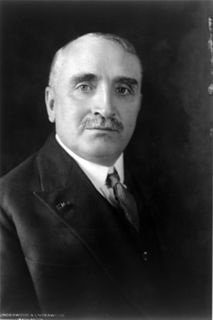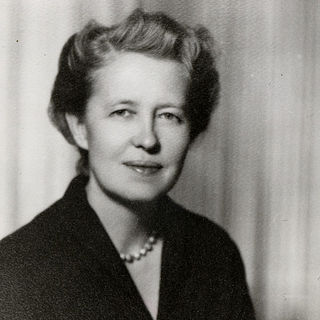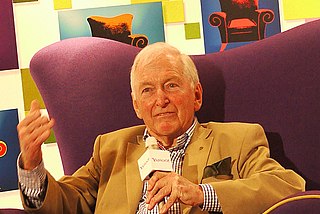A Quote by James Clavell
Related Quotes
That's all that counts. People being sorry. Makes you feel better; gives you a sense of dignity, and that's all that's important; a sense of dignity. And it doesn't matter if you don't care or not, either. You got to have a sense of dignity, even if you don't care, 'cause, if you don't have that, civilization's doomed.
That this is the source of our fellow-feeling for the misery of others, that it is by changing places in fancy with the sufferer, that we come either to conceive or to be affected by what he feels, may be demonstrated by many obvious observations, if it should not be thought sufficiently evident of itself. When we see a stroke aimed and just ready to fall upon the leg or arm of another person, we naturally shrink and draw back our own leg or our own arm; and when it does fall, we feel it in some measure, and are hurt by it as well as the sufferer.
On 'Sufferer,' I'm talking about the younger generation that has no other option for success than to find a gun somewhere. I try to appeal to them: 'I know you a sufferer, but it doesn't mean that you can't or shouldn't expect any better.' It's a lot different than from what I usually say, like, 'Get busy, shake that thing.'
[On] 'Sufferer,' I'm talking about the younger generation that has no other option for success than to find a gun somewhere. I try to appeal to them: 'I know you a sufferer, but it doesn't mean that you can't or shouldn't expect any better.' It's a lot different than from what I usually say, like, 'Get busy, shake that thing.'
In the kingdom of ends everything has either a price or a dignity. Whatever has a price can be replaced by something else as its equivalent; on the other hand, whatever is above all price, and therefore admits of no equivalent, has a dignity. But that which constitutes the condition under which alone something can be an end in itself does not have mere relative worth, i.e., price, but an intrinsic worth, i.e., a dignity.
When you have your own bus, then you have dignity. When you have your own school, you have dignity. When you have your own country, you have dignity.When you have something of your own, you have dignity. But whenever you are begging for a chance to participate in that which belongs to someone else, or use that which belongs to someone else, on an equal basis with the owner, that's not dignity. That's ignorance.





































